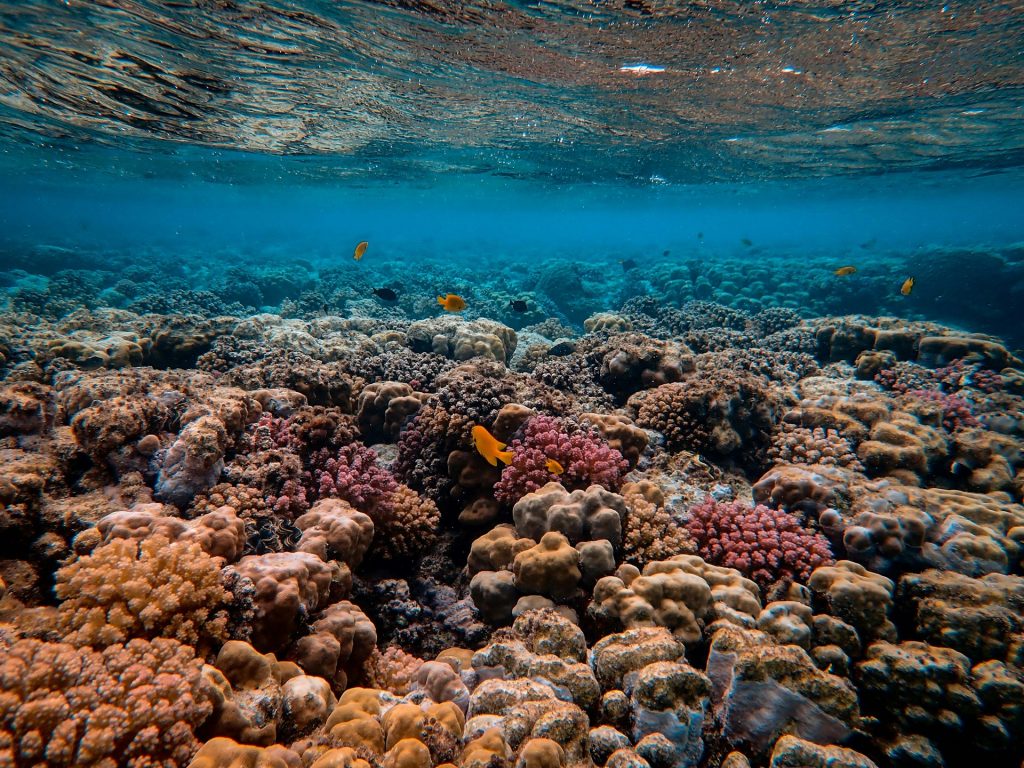The Maldives, renowned for its breathtaking beauty and vibrant marine life, is a paradise worth preserving. Travelling eco-friendly in the Maldives not only allows visitors to enjoy its natural wonders responsibly but also contributes to the conservation efforts that safeguard this pristine destination. Here are four ways to travel eco-friendly in the Maldives:
Eco-Friendly Accommodation
Choose an eco-friendly resort options that prioritize sustainability and environmental conservation. Many resorts in the Maldives like OBLU SELECT Lobigili have adopted eco-friendly practices such as energy-efficient lighting, water conservation measures, and waste management systems that minimize their carbon footprint. Look for resorts that have received certifications for their commitment to sustainable tourism, such as EarthCheck or Green Globe, to ensure your stay supports responsible tourism practices.
Single-Use Plastic
To minimize the environmental impact of your visit, opt for reusable alternatives to single-use plastic items. Many resorts in the Maldives have implemented plastic-free initiatives, providing guests with refillable water bottles and offering filtered water stations throughout the property. Bringing your reusable water bottle and saying no to plastic straws and bags can help reduce plastic pollution in the Maldives’ delicate marine ecosystem.
Volunteer for Coral Conservation

Coral Conservation – Photo by Francesco Ungaro on Unsplash
Get involved in coral conservation efforts by participating in volunteer programs offered by marine conservation organizations in the Maldives. These programs often involve activities such as coral planting, reef monitoring, and marine debris cleanup, allowing travellers to contribute directly to the protection of the Maldives’ fragile coral reefs. By volunteering your time and efforts, you can help preserve the biodiversity and natural beauty of the Maldives for future generations to enjoy.
Use Eco-Friendly Sunscreen
Protect yourself and the marine environment by using reef-safe and eco-friendly sunscreen products during your stay in the Maldives. Traditional sunscreen formulas containing oxybenzone and octinoxate can harm coral reefs and marine life when washed off into the ocean. Instead, opt for mineral-based sunscreens that use ingredients like zinc oxide or titanium dioxide, which are biodegradable and less harmful to coral reefs.





